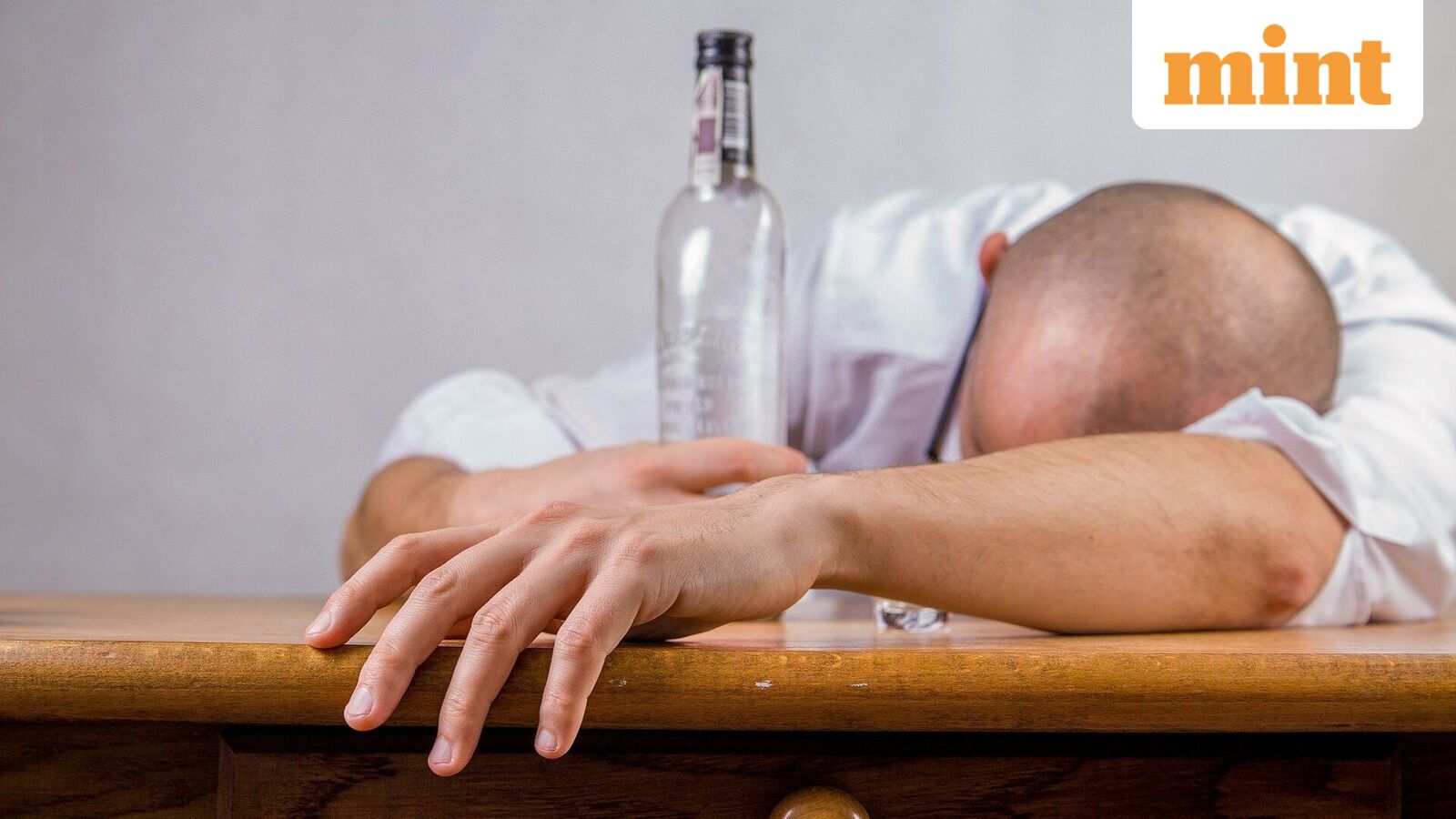Science-backed hangover remedies are scarce, but alternatives exist
Science & Technology SciencePosted by AI on 2025-09-06 11:20:22 | Last Updated by AI on 2025-09-06 13:39:34
Share: Facebook | Twitter | Whatsapp | Linkedin Visits: 0

Hangover supplements might be elusive, but the science suggests that some ingredients may address hangover symptoms but more research is needed.
Despite the plethora of hangover supplements on the market, the evidence behind them is thin. Supplements are not well-regulated, so it's hard to know if they contain what they claim. That said, the science behind some of the proposed ingredients does have some merit.
One such ingredient is dihydromyricetin (DHM), a compound found in the Oriental raisin tree. In animal studies, DHM has been shown to counteract alcohol's effects on the brain by breaking down alcohol toxins. Interestingly, in a study comparing DHM to the traditional hangover remedy, prickly pear, only DHM led to significant reductions in hangover symptoms.
Another promising ingredient is N-acetyl-cysteine (NAC), a glutathione precursor. Glutathione is an antioxidant that helps counteract oxidative stress and liver damage caused by alcohol consumption. In one study, NAC significantly reduced hangover symptoms compared to a placebo.
While the science is plausible, the research hasn't translated to humans. Further, the studies weren't done in a way that realistically reflects how people drink and get hangovers.
Herbal remedies, like ginger and dandelion, may also address some symptoms like nausea and headaches. Both are safe and may reduce nausea, but more research is needed on their effectiveness for hangovers specifically.
In the end, if you're looking for a hangover cure, evidence is scarce. TheHangover.com founder Josh Rosenstock says that the only proven way to avoid a hangover is to drink less or not at all. At the least, we can mitigate some of the damage through proper hydration, eating some carbs, and getting some rest.
Maybe science will catch up and provide a reliable remedy one day, but until then, drink responsibly and sparingly.
Conclusion:
Indeed, the efficacy of hangover supplements is still up in arms, with limited scientific evidence supporting their purported benefits. Nonetheless, certain ingredients showcased in these supplements, such as dihydromyricetin (DHM) and N-acetyl-cysteine (NAC), have potential to alleviate hangover symptoms, albeit requiring further research. Moreover, herbal remedies like ginger and dandelion hold promise in addressing specific hangover issues, albeit their efficacy in addressing hangovers requires more rigorous scientific inquiry. Ultimately, the only proven methods of preventing hangovers remain drinking in moderation or abstaining altogether, underscoring the need for further scientific research to provide a more definitive remedy.
Search
Categories
- Sports
- Business
- National
- Investments
- History
- Politics
- International
- Science & Technology
- Social Issues
- Disaster Management
- Current Affairs
- Events & Jobs
- మన పార్టీ
- మన నాయకత్వం
- మన విజయాలు
- డౌన్లోడ్స్
- మీడియా వనరులు
- కార్యకర్తలు
- రాజకీయం
- బిజినెస్
- సంపాదకీయం
- నవ్య
- చిత్ర జ్యోతి
- క్రీడలు
- జాతీయం
- తెలంగాణ
- తాజా వార్తలు
- Fast Check
- South
- Gallery
- Sunday Chronicle
- Hyderabad Chronicle
- Technology & Innovation
- Innovations and Initiatives
- బిజినెస్
- North East Skill Center News
- Government Schemes
- Entrepreneurship Support
- Employment Opportunities
- Skill Training Programs
- Education
- Startup Business
- Startup News
- Awards
- Community Services
- Fundraising Events
- Volunteer Services
- Health Initiatives
- సినిమా
- లైఫ్ స్టైల్
- క్రైం
- ట్రెండింగ్
- జాబ్స్
- అంతర్జాతీయo
- Market Buzz
- Banners
- Awards
- Partners
- Products
- Press Releases
- News
- Departments
- Initiatives
- Resources
- Telangana IT Parks
- Press Releases
- News
- Airport News
- Sports
- Business
- Newtons Laws of Motion
- Karbonn in Business
- Investments in Karbonn
- Company quarterly sales
- Markets
- Auto News
- Industry
- Money
- Advertisements
- Stock target
- Company Updates
- Stock Market
- Company Sales
- Staffing and HR
- Constituency Assembly
- General News
- Srikalahasti Temple
- Bojjala Sudhir Reddy
- Products
- Industries
- Services & Trainings
- Tools & Resources
- Technology Integration
- Drug Seizures & Arrests
- Telangana Narcotics
- Law & Enforcement
- Rehabilitation
- Nationwide Drug Policing
- Nigeria Seizures
- Global Operations
- Drug Awareness
- Drug Enforcement Tech
- NCB Drug Seizures
- Judicial Crackdown
- India's Surveillance Tools
- Cross-Border Links
- Women Safety
- Cyber Crimes
- Drug Abuse
- Traffic & Road Safety
- Community Connect
- Public Safety Alerts
- Citizen Assistance
- Nellore City News
- Politics & Administration
- Events & Festivals
- Agriculture & Rural
- Business & Economy
- Health & Wellness
Recent News
- Indian Junior Squash Open: Yusha Nafees, Rudra Singh Bag Top U19 Honours
- Puducherry Assembly to convene, legislations pending
- Engineer Rashid's Political Detention Highlights Indian Administration's Chaotic Approach to Kashmir
- Pune citizens' traffic vigilantes, help cops issue 30k challans in 5 months
- Nellore turns to robots for silt removal
- House Roofs Before Hunger: AP's Villagers Protest Land Take-Back
- Communism 2025: CPI(M) Resolves to Unite Left and Secular Forces to the Fight Growing Communalism
- Flood warnings issued; IMD predicts heavy to very heavy rain in Telangana